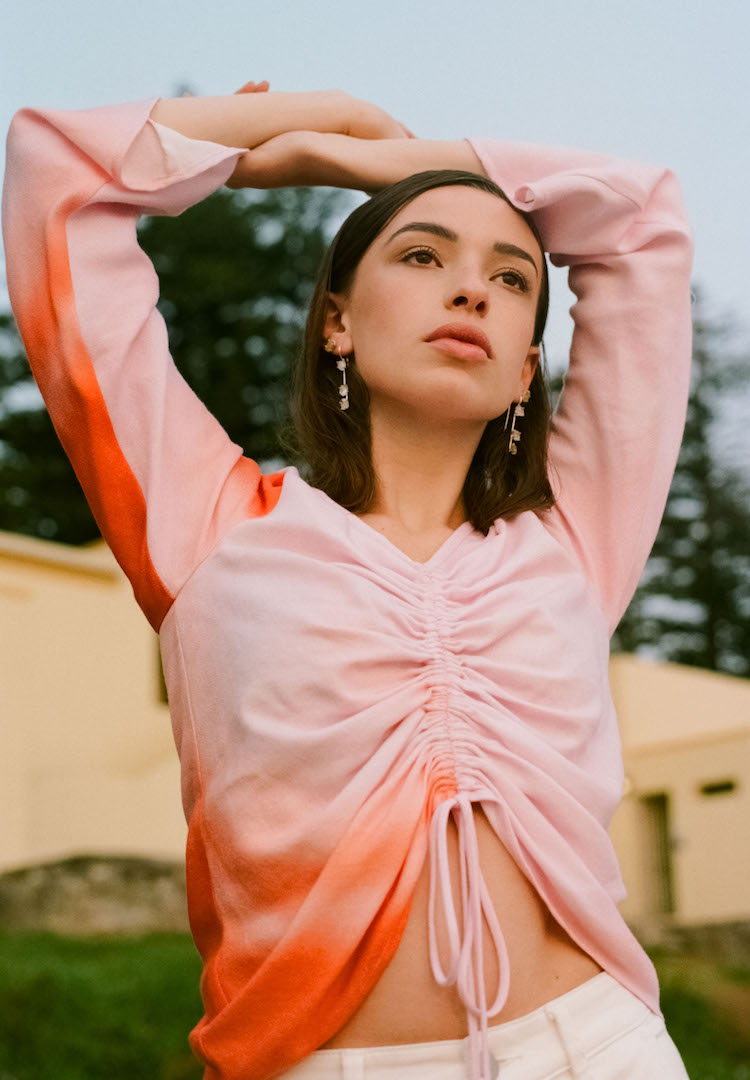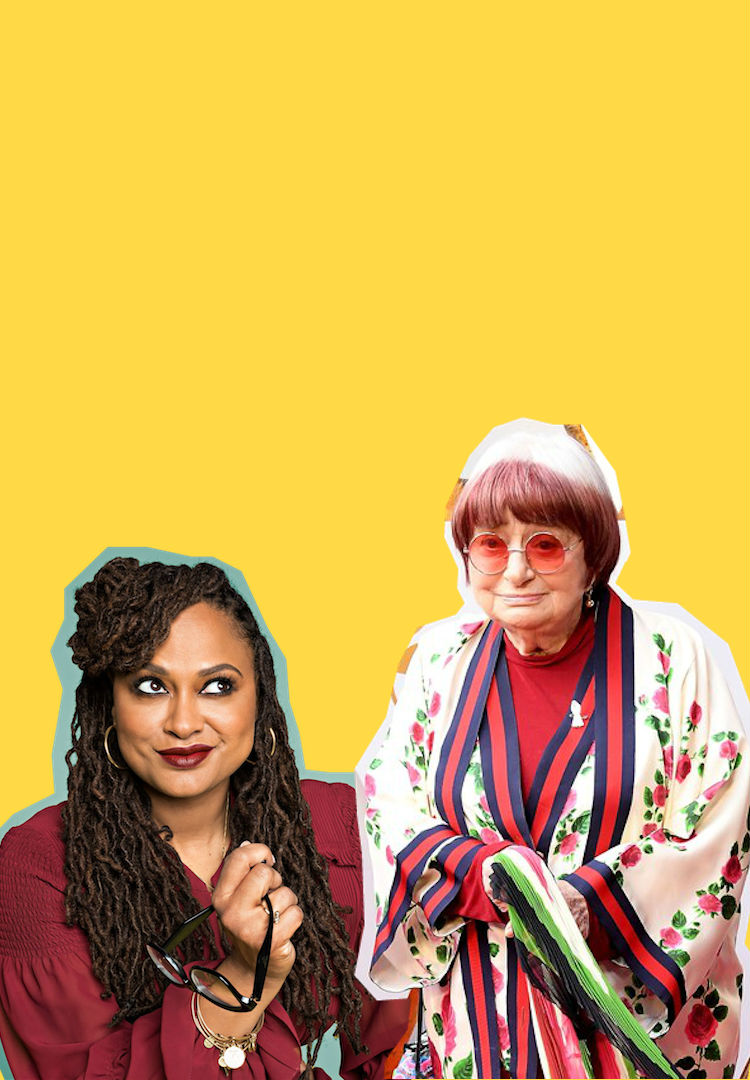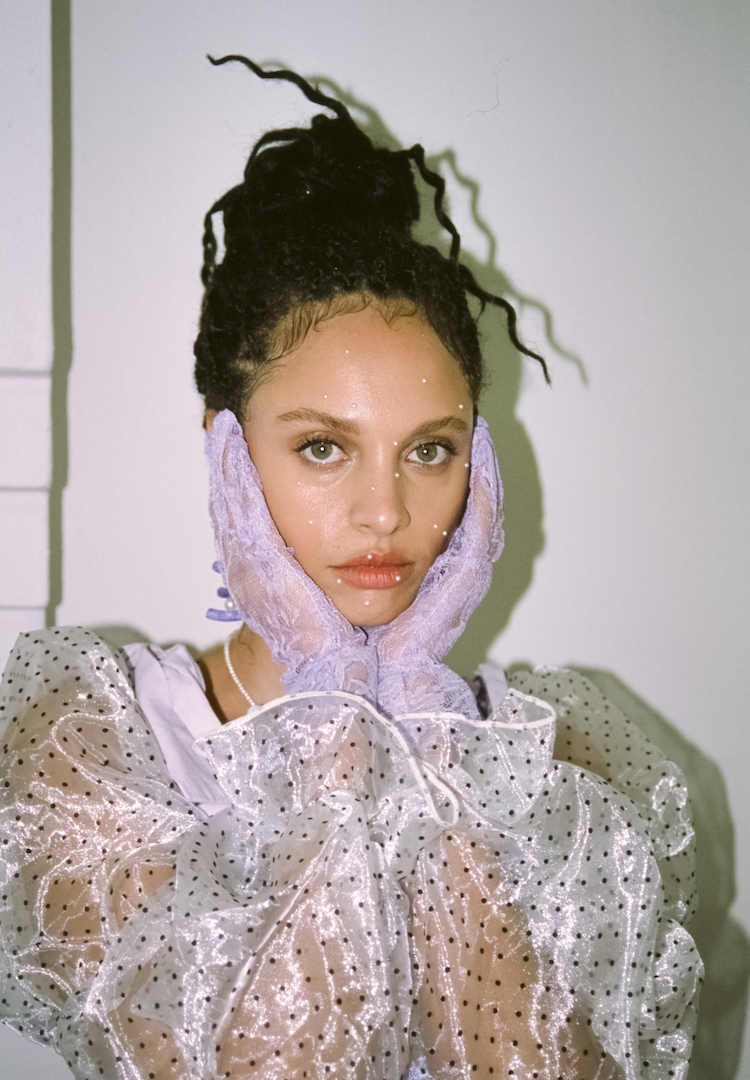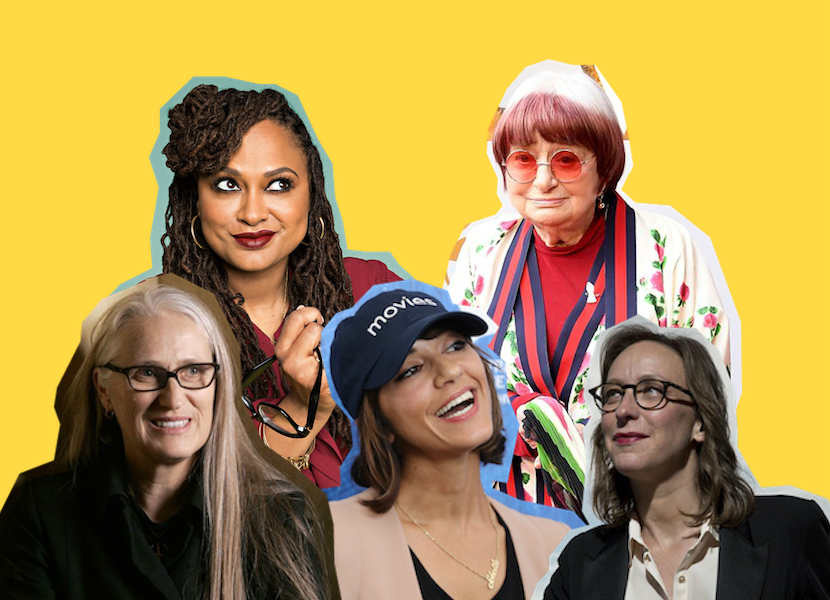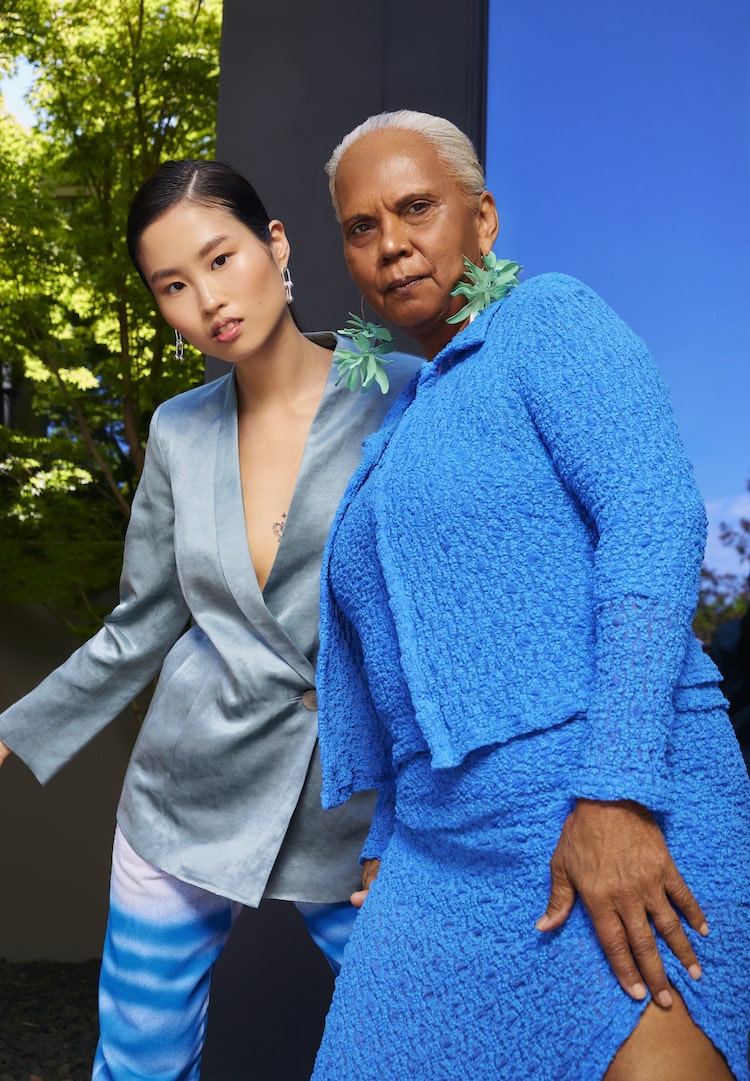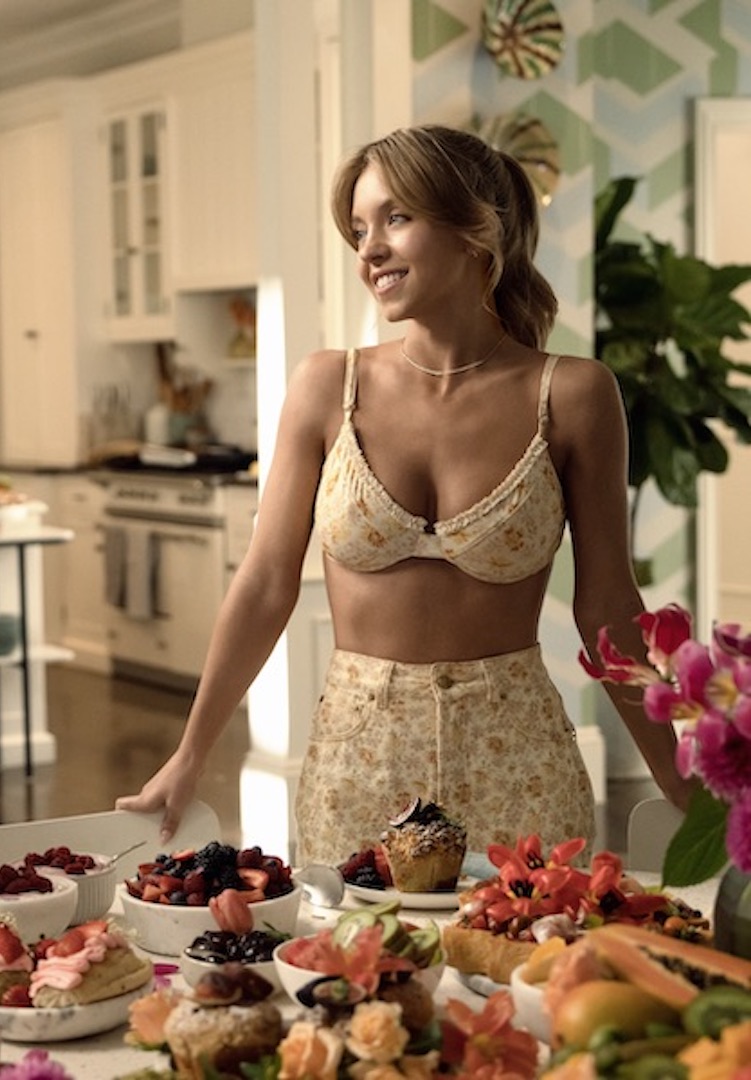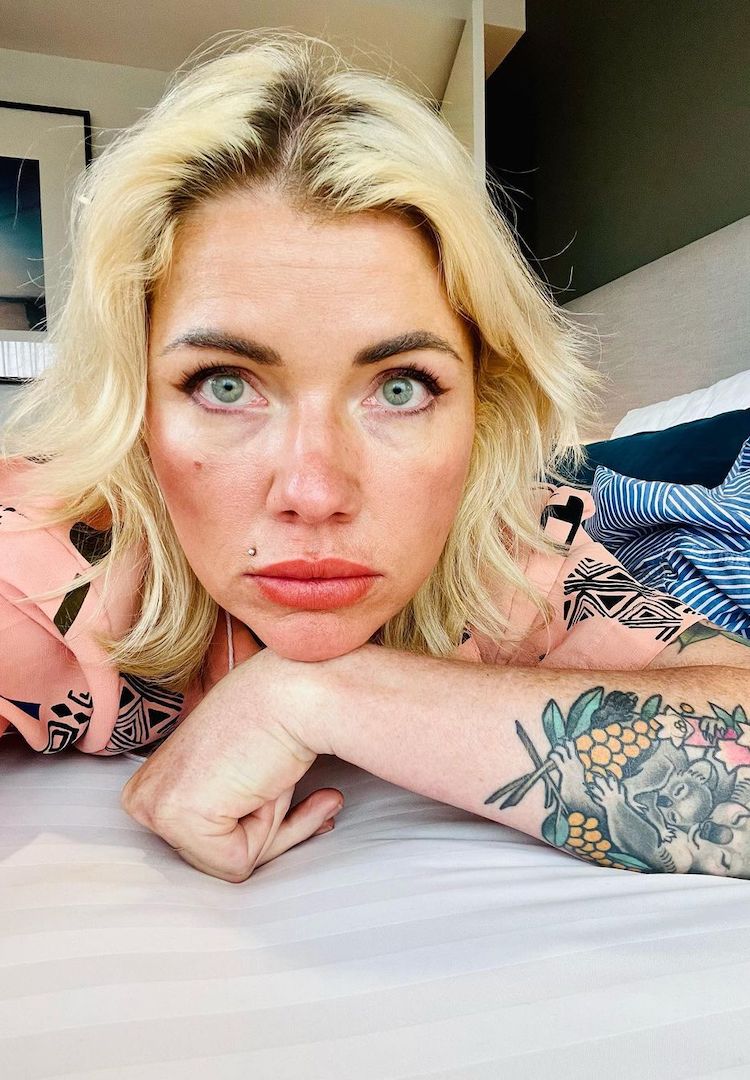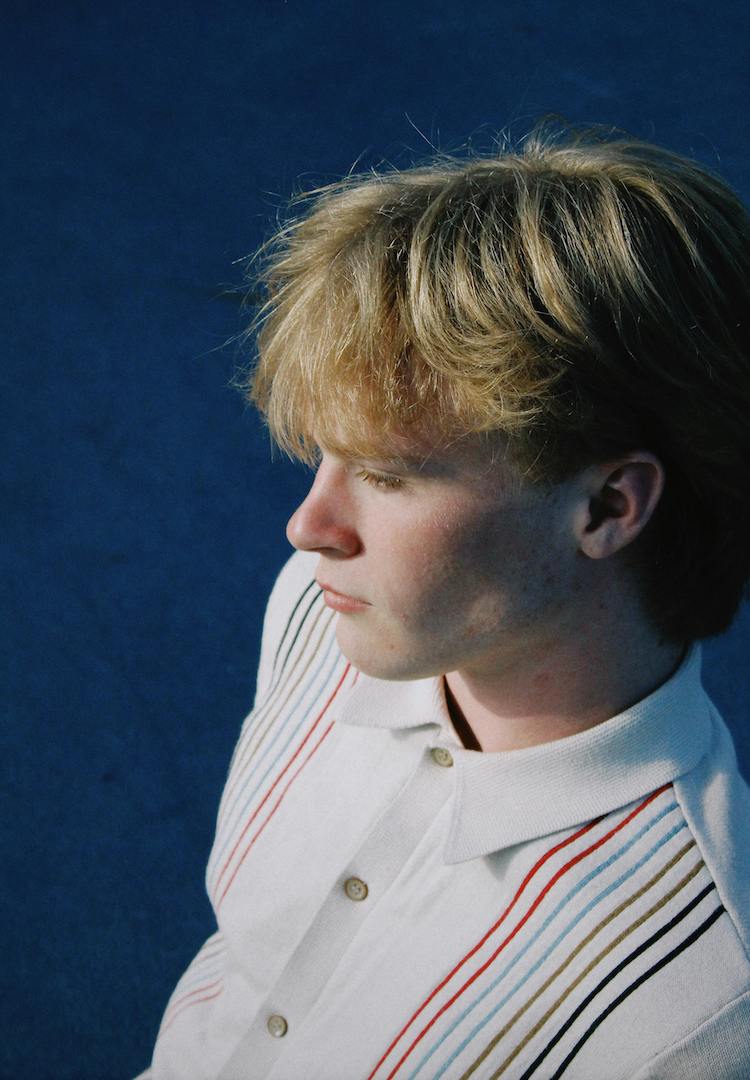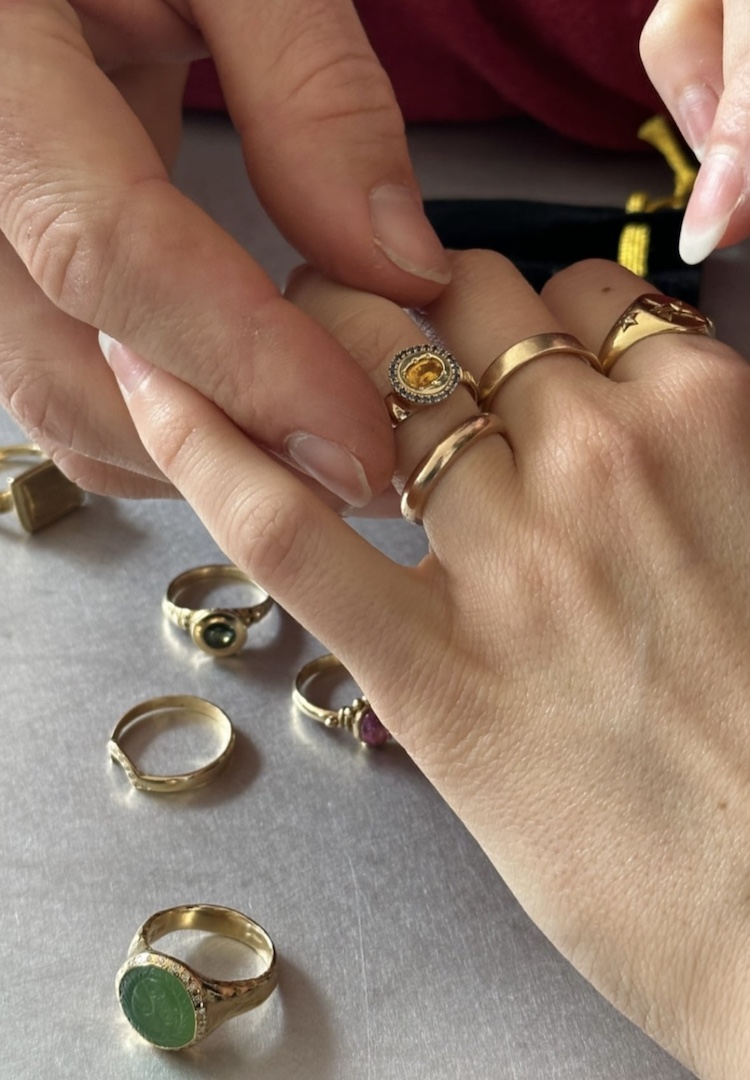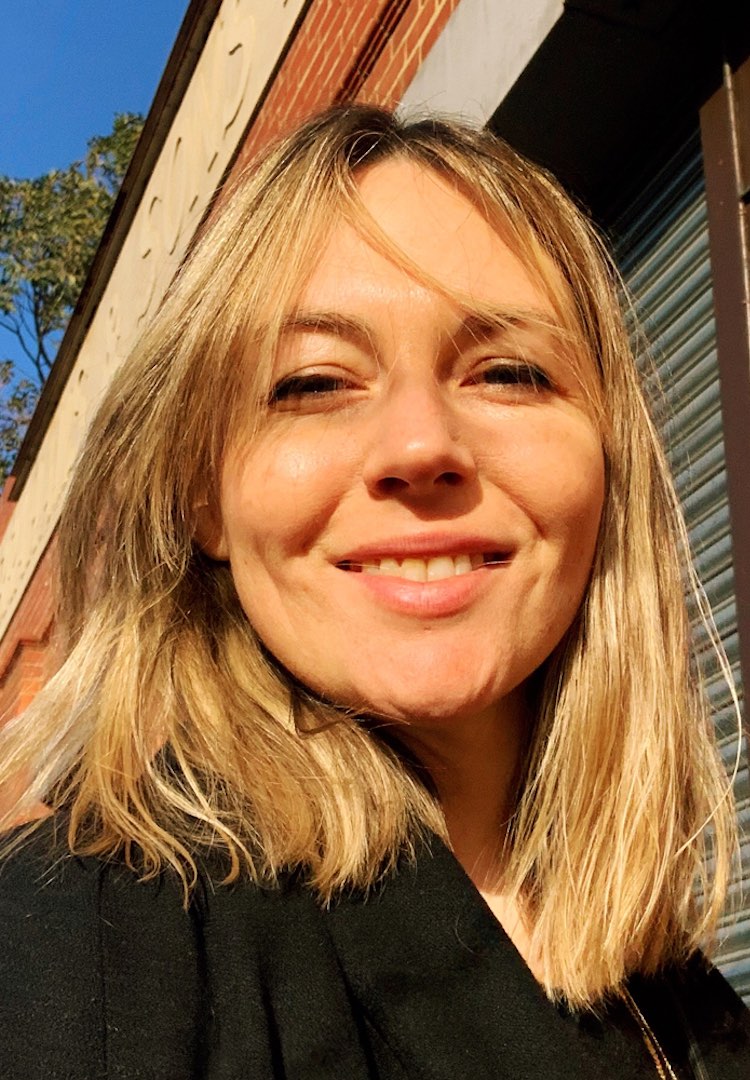13 female directors you should know
Words by Maeve Kerr-Crowley
#Oscarssomale
There are a few things that might spring to mind when you think about awards season. Red carpet wrap ups, inspiring speeches, star-studded photos posted to Instagram. Or, if you’re slightly more cynical, you might think of all the talented actors, writers and directors you believe have been snubbed by the powers that be.
Equality in the film industry has been a long, hard slog, and unfortunately the plight of women in Hollywood’s boy’s club is still a bleak one.
We’ve been blessed in recent years with amazing movies, inspired performances, and well-deserved award wins – Olivia Coleman’s 2019 Oscar win, for example, or Awkwafina’s success at this year’s Golden Globes.
But these shining moments can often blind us to areas of the industry that aren’t as loving of the ladies. In award categories where women are up against their male peers, history shows they’re highly unlikely to win or even score a nomination.
Did you know that only five women have ever been nominated at the Oscars for Best Director? And did you know that only one of those women actually took home the award? (Answer: Kathryn Bigelow for The Hurt Locker in 2009.)
Those five nominations include well known and respected directors like Greta Gerwig and Sofia Coppola. Gerwig was the last woman to make the list back in 2017, and some attribute her ability to break through the elusive Academy barrier to her strong connections within the industry – like her long-term relationship with Best Original Screenplay nominee, Noah Baumbach, or her mentor-mentee partnership with Steven Spielberg.
But even with these solid industry connections and her directorial talent, Gerwig’s recent adaptation of Little Women didn’t score her a nomination.
Other very successful films whose female directors didn’t make the cut this year include The Farewell and A Beautiful Day in the Neighbourhood.
Presenter Issa Rae succinctly summed up the category’s history after the 2020 nominations were read last week – Sam Mendes (1917), Todd Phillips (Joker), Bong Joon-ho (Parasite), Martin Scorsese (The Irishman) and Quentin Tarantino (Once Upon a Time in Hollywood) – when she said “Congratulations to those men.”
And, because awards season has the whole man-congratulating thing sorted, we’ve decided to give a little love to the women who have made helped shape the world of film.
To celebrate their contributions and add a few new movies to your watch list, here are some of the most influential – and often underrated – female directors in the industry.
Kathryn Bigelow
And the Academy Award for only female director to ever win an Academy Award goes to… Kathryn Bigelow. See also: the first female director recognised by the BAFTA Awards, the Directors Guild of America and the Critics’ Choice Awards. While she won each of these for her 2008 film The Hurt Locker, Bigelow’s action-packed oeuvre also includes the Keanu Reeves-led flick Point Break (1991) and genre-bending vampire western, Near Dark (1987).
Ana Lily Amirpour
Semi-newcomer Ana Lily Amirpour made her directorial debut in 2014 with her own vampire western – yes, that’s a genre now – A Girl Walks Home Alone at Night. The film’s rule breaking direction, offbeat visuals and genius soundtrack earned it a number of festival award nominations, but it was Amirpour’s behind the scenes videos that left me mildly obsessed with her creative process and vision. While waiting for her next release starring Zac Efron and Kate Hudson, check out post-apocalyptic romance, The Bad Batch (2016).
Karyn Kusama
The female written and directed one-two-punch that is Karyn Kusama and Diablo Cody’s film Jennifer’s Body (2009) may have suffered from a male-centric marketing campaign emphasising shallow sex appeal. But in the years since its release Kusama and Cody have stated in multiple interviews that Jennifer’s Body was made lovingly for teenage girls. Kusama’s creation of a film that spoke so intimately and subversively to a generation makes her a director worth noting in my books. A more recent venture, slow burn horror The Invitation (2015), should also be on your list as an example of her directorial versatility.
Nancy Meyers
Lovers of rom-coms owe so much to Nancy Meyers. Having directed six feature films and produced and/or written many more, Meyers’ standouts include her directorial debut The Parent Trap (1998), ultimate cheesy Christmas film The Holiday (2006), and The Intern (2015). A friend recently summarised her reputation as “the queen of rom-coms and kitchens”, succinctly taking into account her knack for feel good atmospheres and picturesque story worlds.
Jane Campion
Jane Campion can claim a spot in the super elite club of female nominees for a Best Director Oscar, having been recognised for her critically acclaimed film, The Piano (1993) – which was also nominated for and won that year’s award for Best Original Screenplay. Campion also made history as the first woman to win Cannes Film Festival’s highest award, the Palme d’Or. She’s since directed the 1996 adaptation of Henry James’ The Portrait of a Lady and the John Keats biopic Bright Star (2009), and is now directing series such as mystery drama Top of the Lake and its sequel.
Catherine Hardwicke
Catherine Hardwicke’s most-known film is undoubtedly the first Twilight movie (2008) – which, as one of the most obsessed-over cultural phenomena in recent history is nothing to turn your nose up at, film snobs. But she’s also got some pretty iconic pieces of ’00s cinema under her belt, including Thirteen (2003) and Lords of Dogtown (2005). Clearly, her specialty is cleverly captured teen angst, and she does it very, very well.
Ava DuVernay
Ava DuVernay’s filmography features a lot of ‘firsts’ for the industry. She was the first black woman to win Sundance Film Festival’s directing award for her film Middle of Nowhere (2012). The critically acclaimed historical drama Selma (2014) also made DuVernay the first black woman to be nominated for the Golden Globes Award for Best Director. She’s since delved successfully into the world of television, working as producer, co-writer and director on Netflix’s miniseries, When They See Us (2019).
Anna Biller
While many directors shy away from the title of ‘feminist filmmaker’, Anna Biller has made a point of being vocal about film’s gender inequality problems. Her work often deals critically with feminist themes and in clever and exciting ways, perhaps best shown by her campy, visually sensational horror feature, The Love Witch (2016).
Agnès Varda
You shouldn’t even think about the French New Wave without first thanking Agnès Varda. So many aspects of Varda’s signature style could be called unconventional or experimental, which is arguably the best way to be remembered. Throughout her career she directed over 20 feature films, and received honorary awards from both the Academy and Cannes Film Festival for the sheer size and influence of her body of work. If you’re in the mood to read subtitles, most would suggest starting with a film like Cléo from 5 to 7 (1962), Vagabond (1985), or the self-reflective The Beaches of Agnès (2008).
Jennifer Kent
If you’re going to feel national pride about anything, the success of Australian director Jennifer Kent’s debut feature film is a good start. The Babadook (2014) is arguably one of the best horror efforts of the 21st century, and was one of the most favourably reviewed films of the year. Her recent feature, period revenge film The Nightingale (2018), was significantly more controversial due to its historically accurate depictions of violence. But it’s a powerful and important watch for anyone looking to learn about the darker side of Australia’s history.
Wanuri Kahiu
Wanuri Kahiu is probably best known for her 2018 film Rafiki, which was premiered at Cannes Film Festival but was banned in her home country of Kenya for its depiction of an LGBTQ+ relationship. But lesser known on an international scale is her debut From a Whisper (2008), which was nominated for a dozen African Movie Academy Awards in 2009 – including Best Director, which it won.
Céline Sciamma
Céline Sciamma’s name should be at the forefront of Australian minds right now, with her film Portrait of a Lady on Fire (2019) having just hit screens. On the festival circuit it picked up the award for Best Screenplay at Cannes Film Festival and, on a local level, won the Audience Award at last year’s Melbourne International Film Festival. Sciamma’s industry advocacy also saw her co-organise the woman’s protest against inequality at Cannes 2018 alongside directors and stars including Ava DuVernay and Agnès Varda.
Reed Morano
Having kicked off her career as a cinematographer on films like Kill Your Darlings (2013) and The Skeleton Twins (2014), Reed Morano directed her first feature in 2015 – a drama called Meadowland. She’s since gone on to direct the first three episodes of the supremely successful series The Handmaids Tale (2017-), which scored her both an Emmy and a Directors Guild of America Award. Her latest work is the Peter Dinklage and Elle Fanning led drama, I Think We’re Alone Now (2018).

